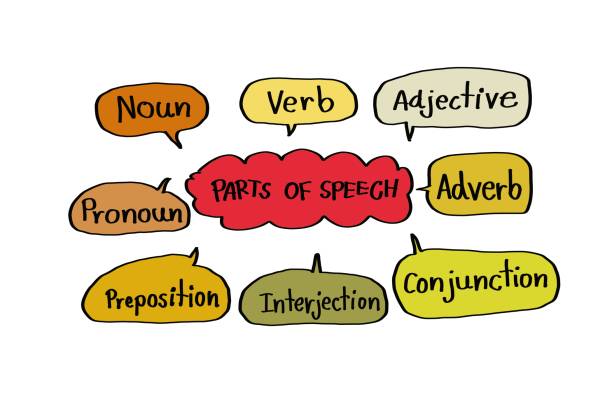ICSE English Grammar & Writing Skills (Classes 5–8) (Full Course)
- Beginner
- 126 hours
- 6-15 Years
-
 Online Classes (Group)
Online Classes (Group)
 INR 1500.00 Weekly
INR 1500.00 Weekly

Srinandan Murthy
India |
Topics
1.) Sentence Basics & Parts of Speech (Revision)
- Types of sentences, subject-predicate, nouns, pronouns, verbs, adjectives, adverbs, prepositions, conjunctions, interjections (I plan to start light start — revise Class 4 concepts, identify weak areas)
2.) Nouns & Pronouns in Detail
- Types of nouns (common, proper, abstract, collective, material, countable/uncountable), number, gender, possessives; Pronoun types and agreement.
3.) Verbs—Forms & Tenses
- Main/auxiliary verbs, transitive/intransitive, regular/irregular verbs; Simple present, past, future; continuous and perfect aspects
4.) Tenses Continued & Modals
- Perfect continuous tenses, sequence of tenses, modal verbs (can, could, may, might, must, shall, should, will, would, ought to, need, dare) (I aim to teach how to link with spoken English corrections.)
5.) Adjectives & Adverbs
- Degrees of comparison, position of adjectives, types of adverbs, comparative forms, and common mistakes
6.) Prepositions & Conjunctions
- Preposition types (place, time, cause, means, accompaniment); Coordinating, subordinating, correlative conjunctions. Focus on usage in sentences
7.) Articles, Determiners & Quantifiers
- Definite, indefinite, zero article; each, every, some, any, few, little, much, many, all, most
8.) Active & Passive Voice
- Rules for all tenses, changing direct to indirect instructions, and avoiding awkward passives
9.) Direct & Indirect Speech
- Statements, questions, commands, exclamations.
10.) Transformation of Sentences
- Affirmative/negative, degree of comparison, combining sentences, question tags, simple/compound/complex
11.) Punctuation & Capitalisation
- Full stop, comma, semicolon, colon, apostrophe, quotation marks, dash, brackets
12.) Error Correction & Editing
- Subject-verb agreement, misplaced modifiers, tense shifts, pronoun errors, and preposition errors
13.) Exam Writing Integration
- Apply grammar to composition, notice writing, email, and comprehension answers.
The preparation also consists of
- Reviewing common errors and conducting periodic revision tests.
- Mock grammar paper and past paper practice.
ICSE English Grammar & Writing Skills (Classes 9-10) (Full Course)
- Beginner
- 120 hours
- 11-15 Years
-
 Online Classes (Group)
Online Classes (Group)
 INR 1500.00 Weekly
INR 1500.00 Weekly

Srinandan Murthy
India |
Topics
1.) Sentence Structure & Parts of Speech
- Clause types, phrase types, subject-verb agreement, and common ICSE pitfalls
2.) Tenses & Sequence of Tenses
- All 12 tenses; perfect and perfect continuous aspects; tense shifts; sequence in reported speech
3.) Modals & Conditionals
- Modal verbs (can, could, shall, should, etc.); zero, first, second, third conditionals; mixed conditionals
4.) Active–Passive Voice
- Voice changes for all tenses, imperatives, modals; avoiding awkward passives
5.) Direct–Indirect Speech
- Statements, questions, commands, exclamations; advanced tense & pronoun changes
6.) Transformation of Sentences – Part 1
- Affirmative/negative, question tags, removing “too…to” and “so…that” conversions
7.) Transformation of Sentences – Part 2
- Degrees of comparison, simple/compound/complex, joining & splitting sentences
8.) Prepositions & Conjunctions
- Preposition usage in idioms & fixed expressions; subordinating vs coordinating conjunctions
9.) Punctuation & Capitalisation
- ICSE punctuation rules: comma, semicolon, colon, apostrophe, dash, quotation marks
10.) Error Correction & Editing
- Common ICSE grammar errors: tense, preposition, pronoun, articles, and parallelism
11.) Applied Grammar in Writing
- Using grammar for essays, letters, notices, emails, and comprehension answers
12.) Past Paper Practice & Mock Tests
- Timed grammar section practice; feedback on mistakes
The preparation also consists of
- Reviewing common errors and conducting periodic revision tests.
- Mock grammar paper and past paper practice.
Insights into Grammar: Nouns to Verbs Made Simple for Kids
- Intermediate
- 15 hours
- 6-15 Years
-
 Online Classes (1-to-1)
Online Classes (1-to-1)
 INR 2000.00 Monthly
INR 2000.00 Monthly

Saba Siddiqui
|
Unlock the building blocks of English grammar in a simple, structured, and engaging way!
This gig offers a complete journey through nouns, pronouns, verbs, and adverbs, with a strong focus on verb structure, including subject-verb agreement, singular and plural verbs, as well as regular and irregular verbs.
Each class is thoughtfully designed with fun activities, grammar games, and interactive worksheets to make learning enjoyable and effective.
By the end of the course, learners will:
• Understand how different parts of speech work together
• Use correct verb forms and tenses in their sentences
• Apply grammar rules confidently in both writing and speaking
Let’s make grammar not just understandable, but fun and unforgettable!
Phonics Power! Learn to Read with Confidence (Grades 1–3)
- All Levels
- 60 minutes
- 1-10 Years
-
 Online Classes (Group)
Online Classes (Group)
 INR 1500.00 Monthly
INR 1500.00 Monthly

Sakshi Sharma
India |
Course Structure:
- Phonics Classes for Kids (Grade 1 to 3) – Read, Speak & Shine!
- I help young children build strong reading and pronunciation skills through engaging and fun-filled phonics sessions, tailored for grades 1 to 3. (Read with confidence )
- My phonics classes focus on letter sounds, CVC words, blending, and fluency to make reading easy and joyful for kids.
- Also, classes 2-3, all subjects
Understanding Parts of Speech: A Foundation for Grammar
- All Levels
- 32 hours
- 1-15 Years
-
 Online Classes (Group)
Online Classes (Group)
 INR 3380.76 Monthly
INR 3380.76 Monthly

Caleb Oparachukwu
Nigeria |
How to identify words and the parts of speech they belong to.
Lesson 1: Introduction to Nouns
- Definition of nouns and their role in sentences.
- Types: Common vs. Proper, Singular vs. Plural, Concrete vs. Abstract.
- Types: Common vs. Proper, Singular vs. Plural, Concrete vs. Abstract.
Lesson 2: Nouns in Action
- Possessive nouns, collective nouns, countable vs. uncountable nouns.
- How nouns function as subjects and objects in sentences.
- Activity: Writing descriptive sentences using different types of nouns.
Lesson 3: Introduction to Pronouns
- Definition and purpose of pronouns.
- Types: Personal, Subject vs. Object Pronouns.
- Activity: Pronoun substitution exercises (replacing nouns with pronouns).
Lesson 4: Pronouns in Action
- Possessive, reflexive, and demonstrative pronouns.
- Pronoun-antecedent agreement to avoid confusion.
- Activity: Editing sentences to correct pronoun errors.
Lesson 5: Introduction to Verbs
- Definition and role of verbs in sentences.
- Types: Action vs. Linking Verbs.
- Activity: Identify and act out action verbs (interactive game).
Lesson 6: Verbs in Action
- Helping verbs, modal verbs, and irregular verbs.
- Subject-verb agreement rules.
- Activity: Sentence-building with verbs in different tenses.
Lesson 7: Introduction to Adjectives
- Definition and function of adjectives.
- Types: Descriptive, Demonstrative, Proper Adjectives.
- Activity: "Describe the Picture" – Using adjectives to describe objects.
Lesson 8: Adjectives in Action
- Comparative and superlative adjectives (bigger, biggest).
- Adjective order in sentences (size, color, origin).
- Activity: Rearranging adjectives in the correct order in sentences.
Lesson 9: Introduction to Adverbs
- Definition and function of adverbs.
- Types: Adverbs of Manner, Place, Time, Frequency.
- Activity: Match verbs with appropriate adverbs (e.g., "run quickly").
Lesson 10: Adverbs in Action
- Comparative and superlative adverbs (well → better → best).
- Avoiding overuse of adverbs in writing.
- Activity: Rewrite weak sentences by replacing or removing unnecessary adverbs.
Lesson 11: Introduction to Prepositions
- Definition and function of prepositions.
- Types: Prepositions of Place, Time, and Movement.
- Activity: Preposition hunt – finding prepositions in a short passage.
Lesson 12: Prepositions in Action
- Prepositional phrases and their role in sentences.
- Common preposition errors (in/on, at/by).
- Activity: Writing short descriptions using prepositions.
Lesson 13: Introduction to Conjunctions
- Definition and function of conjunctions.
- Types: Coordinating Conjunctions (FANBOYS: For, And, Nor, But, Or, Yet, So).
- Activity: Sentence-combining exercises using FANBOYS.
Lesson 14: Conjunctions in Action
- Subordinating conjunctions (because, although, while).
- Correlative conjunctions (either/or, neither/nor).
- Activity: Writing complex sentences using different conjunctions.
Lesson 15: Introduction to Interjections
- Definition and function of interjections.
- Types: Strong vs. Mild Interjections (Wow! Oops! Oh…).
- Activity: Identifying interjections in comics and everyday speech.
Lesson 16: Interjections in Action
- How interjections add emotion to writing and speech.
- Formal vs. informal interjections.
- Activity: Role-playing short dialogues using interjections.
Use the Present Perfect Tense Correctly
- Intermediate
- 60 minutes
- 11-15 Years
-
 Online Classes (Group)
Online Classes (Group)
 INR 300.00 Weekly
INR 300.00 Weekly

Amal Fabian
India |
We will review the use of the Present Perfect. This is a grammar tense that many people get wrong.
Students will learn how to use this tense appropriately. And then they will practice by talking with their classmates. The best way to learn grammar is through meaningful communication.
Lesson Name: Present Perfect Tense
- The lesson covers the meaning and uses of the present perfect tense.
- The lesson will be interactive.
- Students will have an opportunity to speak and practice using the tense.














 Academics
Academics Tech Skills
Tech Skills Soft Skills
Soft Skills Hobbies & Wellness
Hobbies & Wellness
